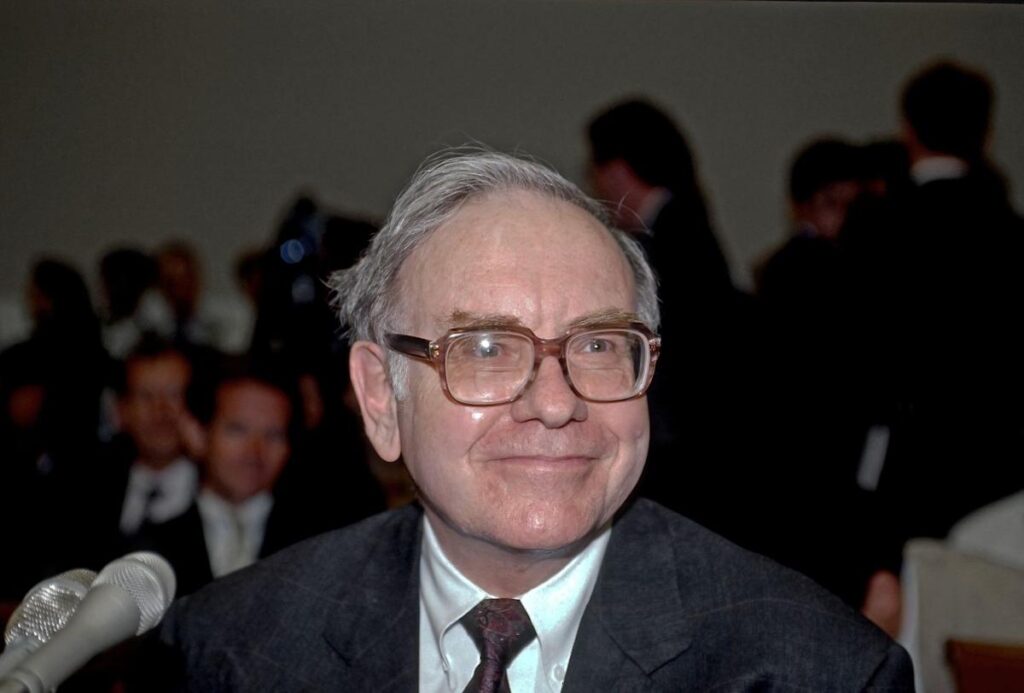Warren Buffett, chairman and CEO of Berkshire Hathaway (BRK.B) (BRK.A), is renowned for his candid assessments of corporate behavior and capital allocation. In his 1981 shareholder letter, Buffett offered a revealing observation about the motivations that often drive high-premium corporate takeovers: “Leaders, business or otherwise, seldom are deficient in animal spirits and often relish increased activity and challenge. At Berkshire, the corporate pulse never beats faster than when an acquisition is in prospect.”
This statement reflects Buffett’s nuanced understanding of executive psychology and the acquisition landscape. Throughout his career, Buffett has witnessed firsthand how the excitement and challenge of deal-making can influence business leaders. The phrase “animal spirits” captures the innate drive for action and risk-taking that often characterizes those at the helm of large organizations, and Buffett’s admission that anticipation tends to surge during acquisition talks at Berkshire Hathaway highlights the universal nature of this phenomenon — even among the most disciplined of companies.
Buffett’s perspective is grounded in decades of experience overseeing both outright acquisitions and significant minority investments. Under his leadership, Berkshire Hathaway has grown from a struggling textile manufacturer into a global conglomerate, largely through a series of carefully considered acquisitions. Nevertheless, Buffett has always cautioned against letting enthusiasm override rational analysis. He emphasizes that the primary goal of any acquisition should be to maximize real economic benefits for shareholders, not to expand managerial influence or simply to chase growth for its own sake.
In the same 1981 shareholder letter, Buffett also discussed the pitfalls of empire-building, where leaders pursue deals to increase their personal domain rather than to create lasting value. He contrasts Berkshire’s approach – which prioritizes substance over appearances, and focuses on long-term shareholder wealth – with the more common corporate impulse to seek activity and expansion regardless of the underlying economics. This philosophy has guided Berkshire’s acquisition strategy for decades, resulting in a portfolio of high-quality businesses largely acquired at sensible prices.


